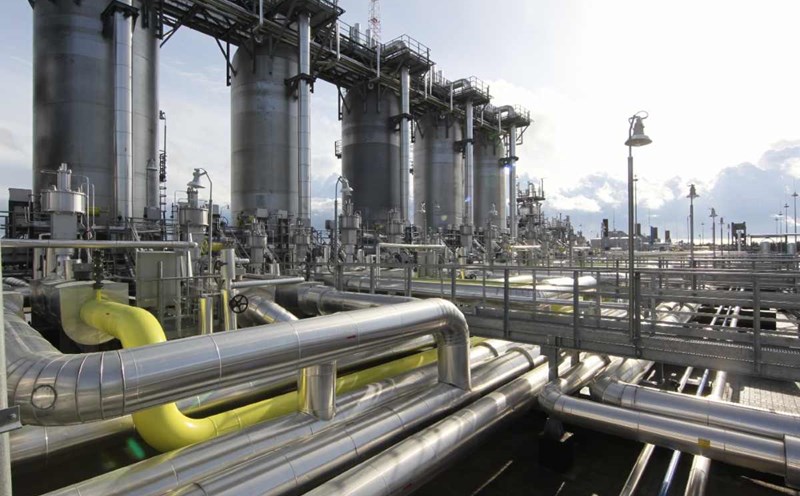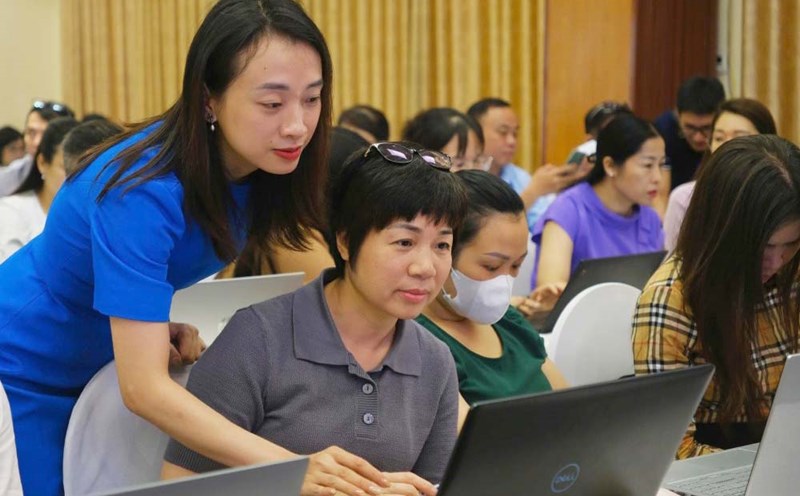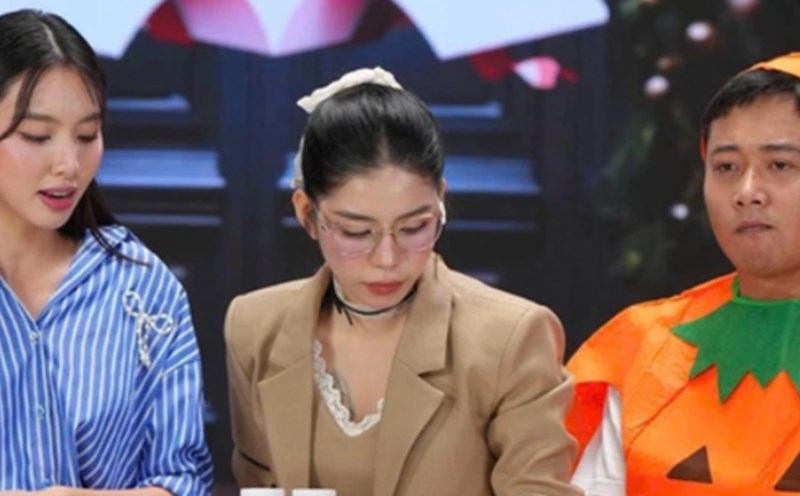Speaking on Fox News on August 10, US Vice President J.D. Vance revealed that Mr. Trump is thinking to impose additional tariffs on imports of goods from China. This is seen as a similar reaction to last week, when the White House announced a 25% tariff on Indian goods for the country that continues to buy Russian oil despite many warnings.
The president has not made a final decision, but is considering all options. The problem with China is more complicated, because the relationship between the two countries is related to many other areas besides the story of Russia, Vance Vice President said.
During his election campaign, Trump pledged to end the Russia-Ukraine conflict "from the first day" of his term. More than six months later, President Trump has tried to put more pressure on Russian President Vladimir Putin to end the conflict, but to no avail.
Responding to the speech of Vance Vice President, spokesman for the Chinese Embassy in Washington, Mr. Luu Bang Vu, affirmed that China-Russia trade is completely in accordance with international law and does not harm third parties.
China is determined to reject unilateral, illegal sanctions and so-called US exclusive jurisdiction. The tariff war has no winners, and forced or pressured will not go anywhere" - Mr. Luu said.
The decree that Mr Trump is citing to impose tariffs on Indian goods allows the US government to monitor any country that directly or indirectly imports Russian oil and recommends applying similar measures if necessary. The document does not specifically mention China, but paves the way for the possibility of applying additional tariffs.
Two weeks ago, senior US and Chinese economic officials completed the third round of talks in Stockholm, Sweden. Beijing said the two sides agreed to extend the new tax suspension - expected to expire on August 12 - but the White House has not yet confirmed it.
The ambiguity comes ahead of a scheduled meeting between President Donald Trump and Russian President Vladimir Putin on August 15 in Alaska, where both will try to find a solution to end the Ukrainian conflict. It is unclear how Trump will advance his tariff strategy to cut off oil revenue used by Moscow to finance its military campaign.
In the interview, Mr. Vance avoided the question of imposing additional tariffs on Chinese goods, but defended the measure as an effective nedocation tool.
When you tell countries that they cant get into the US market without paying a large tax, or not opening their own markets, youll see them change. This has happened to the EU, to Asian countries and many other places, he stressed.
According to customs data, in 2024, China will import a record 108.5 million tons of oil from Russia - accounting for nearly 20% of the country's total oil imports.










